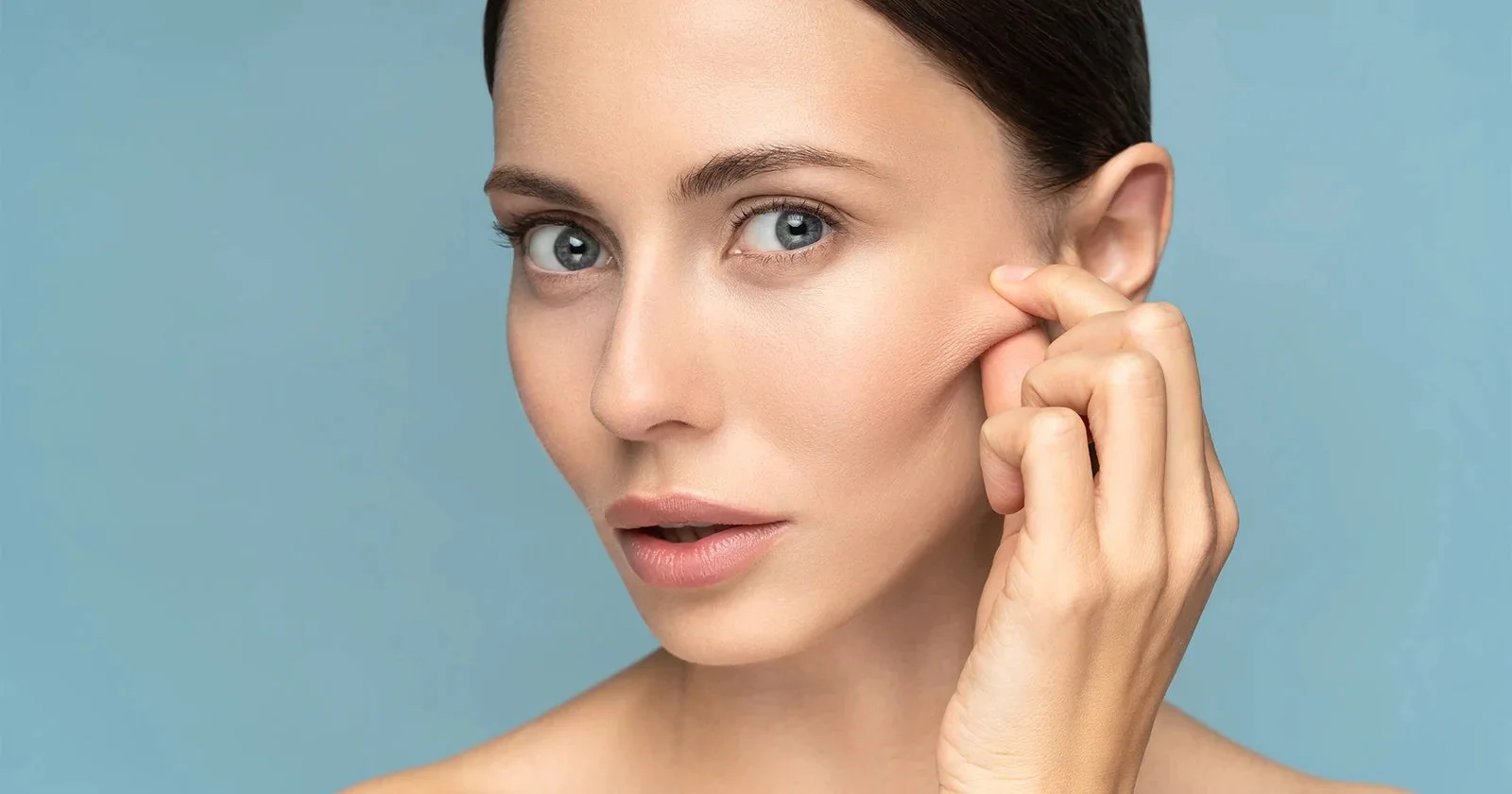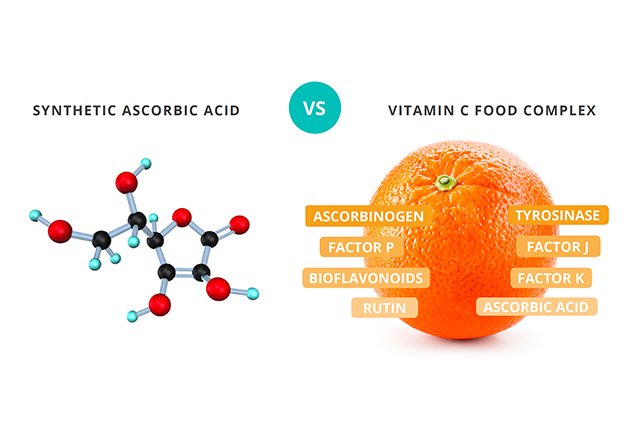Vitamin C for your beauty, what you need to know
To start, What is collagen?
Collagen is most abundant protein in your body. It's in your tendons, ligaments, connective tissue... basically, it holds all the parts of you together. And in the beauty industry, there is a focus on collagen because it provides skin firmness. (Less collagen = saggy skin).
What role does Vitamin C play?
Vitamin C stimulates your body's natural collagen production. If your body doesn't have enough Vitamin C, then your body can't make collagen as effectively. Vitamin C has been proven to enhance collagen synthesis, acting as an antioxidant to protect against fibrosis and promotes soft tissue healing [s].
Why do you need Vitamin C?
Both Vitamin C and collagen levels in your body decline with age (starting in your 20s). Not to mention all the exposure to environmental toxins, sun damage, and a diet high in sugar/processed foods can drastically diminish levels of both.
How does Vitamin C supplementation help?
Taking Vitamin C has been proven to increase the synthesis of not just collagen, but also elastin (responsible for your skin's elasticity). AND helps to protect the collagen you already have, by defending against free radicals that would otherwise try breaking down your collagen.
What type of Supplementation?
Saying Vitamin C is vitamin C is not that easy. Labratory’s have identified many biologic forms of vitamin c, ascorbic acid, sodium ascorbate; calcium ascorbate; other mineral ascorbates; ascorbic acid with bioflavonoids; and combination products, such as Ester-C®, which contains calcium ascorbate, dehydroascorbate, calcium threonate, xylonate and lyxonate [17].
Speaking to Ascorbic Acid, this is the form typically found in “Vitamin C Supplements”) is NOT Vitamin C. Vitamins are not individual molecular compound but rather a whole biological complexes. There is a multitude of steps and biochemical interactions whose action is dependent on the absorption and synthesis of your “vitamin C.” The good for your body Vitamin C activity can only takes place when all conditions are met (cofactors are present) within the body environment. If we were to ingest Ascorbic Acid (the fractioned part of Vitamin C) we would also need rutin, bioflavonoids, Factor K, Factor J, Factor P, tyrosinase, ascorbinogen, and other components which can not be replicated in a laboratory or provided in the perfect amounts that
The solution - Consume a whole food sources of Vitamin C (not synthetic)!
For supplements, Check the label! Natural supplements usually list food sources or are labeled as 100% plant or animal-based. Supplements that list nutrients individually use chemical names like ascorbic acid, are synthetic.
When in doubt, eat real fruits and vegetables from your garden, local farms and farmers markets. From stores choosing superfoods is a great way to get higher amounts of vitamin C, they are raw, usually freeze-dried and wild harvested.
Here are a couple of my favorite, whole food sources of Vitamin C to help my skin, hair and nails.
Athletic Greens (AG1) - which gets its Vitamin C from Acerola cherries. They have one of the highest vitamin C contents of any fruit.
BeWell Superfood Greens - Whole foods are dehydrated then powdered.
SkinElixir Collagen Builder - It also contains Hyaluronic Acid, Biotin and a blend of Sea Buckthorn Powder, Pine Bark Extract for added beauty.
Daily Radiance | Elderberry Liposomal Vitamin C - maximizes phytonutrient potential and absorption.
sources:
https://www.ncbi.nlm.nih.gov/pmc/articles/PMC6204628/
https://ods.od.nih.gov/factsheets/VitaminC-HealthProfessional/
https://www.justlivewell.com/whole-food-vitamins-ascorbic-acid-is-not-vitamin-c/


